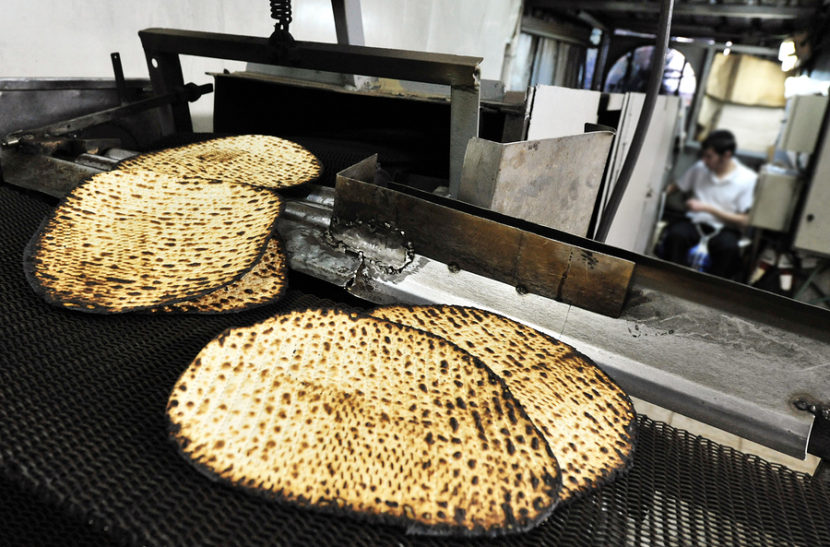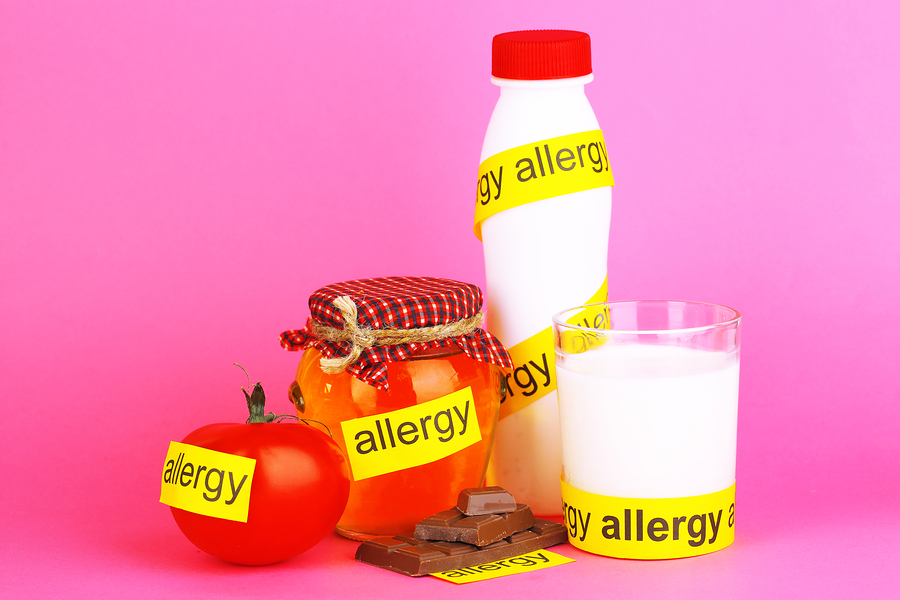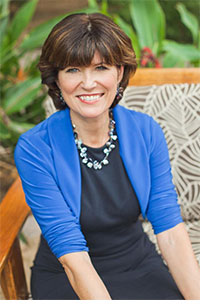Traceability Software Eases Supply Chain Management for Specialty Food Products
By Leah Roberts
Traceability software is becoming an increasing asset in the field of Kosher and Halal certification as increasing numbers of consumers embrace brands that meet the rigorous standards certification guarantees.
“Kosher and Halal foods are blazing the trail,” says Steve Burton, CEO of Burton Software, a company that has developed a food safety management application called Icicle. The program is globally accessible and includes information, updated daily, on hundreds of thousands of products.
The Halal and Kosher Global Food markets are already valued at approximately $2.1 trillion and $600 billion, respectively according to a report published by InterPOC.And certification is fast becoming a competitive advantage for many brands.
Higher Quality
Mintel, a market research firm, released a study in 2009 that showed that 62% of consumers surveyed said they buy Kosher foods because of their higher quality; 51% choose them because they believe they are healthier than other foods and 34% buy them because they believe they are safer.
But managing the food traceability process for certification can be difficult and its complexity has traditionally prevented many new companies from entering the global market for Kosher and Halal food production. Food traceability involves monitoring a food product from production to distribution, and detailed records need to be kept on the handling, management and procurement of animals and other ingredients in the supply chain. Proof of traceability will soon be a minimum standard and new government regulations are on the horizon.
Suppliers must be able to provide proof of certification for all ingredients, products and processes. Kosher and Halal agencies verify the certification process and conduct periodic on-site audits. And an established traceability system is necessary to maintain this information and make it readily accessible, especially in the event of food recalls.
Food Traceability Software
Food traceability software replaces paper-based systems with electronic data collection and record keeping. Data collection is simplified using hand-held devices, and cloud-based systems automatically create the appropriate reports. Traceability software is much more efficient, practical and cost-effective for food companies.
As Richard Rabkin, Managing Director of the Kashruth Council of Canada explains, “If when the rabbinic inspector comes in to make his inspection … he notices that a non kosher ingredient was mistakenly used, we will need to know exactly how many products this mistake affected – Where are these products in the distribution system and in what stores are they located? Only robust food traceability software can keep track of that information.”
Certified Manufacturing Facilities
Many large Kosher certifiers worldwide have developed traceability software. The Kashruth Council of Canada (COR), for example, developed CORporate Kosher. It lets all of their certified manufacturing facilities list their products and ingredients, and upload and download Kosher certificates as needed. Post production, a company representative submits the new product information into the software for Kosher Council review and, once approved, the food company can mark the product as Kosher certified.
“That whole process of product approval can happen within a day,” says Rabkin, “a lot better than the days of snail mail.”
Icicle software guides food companies through the application process for Kosher certification, and Kosher agencies can gain access to the software and the information it contains if granted permission by the company.
“You automatically receive notification, you can approve the change instantly and (you can) create high resolution Kosher certificates,” Burton says. “Before a Rabbi arrives for inspection, they can view reports and certifications online, which expedites the process and highlights any issues that may arise during the audit.”
Many processors worldwide recognize that proof of traceability will soon be a minimum standard and new government regulations are on the horizon. The European Union (EU) already demands proof of traceability for all food products.
About the Author
Leah Roberts is an Ontario-based writer and digital marketing expert with a keen interest in food safety and sustainability practices.
To have more articles like this emailed to your inbox, become a GFSR Member today!

-
 FeaturedRisk management
The Cost of a Breach: What a Cyberattack Could Mean for Food Safety Recalls
FeaturedRisk management
The Cost of a Breach: What a Cyberattack Could Mean for Food Safety Recalls
-
 FeaturedRisk management
Securing the Food Chain: How ISO/IEC 27001 Strengthens Cybersecurity
FeaturedRisk management
Securing the Food Chain: How ISO/IEC 27001 Strengthens Cybersecurity
-
 FeaturedRisk management
Revolutionizing Food Safety Training: Breaking Out of the “Check-the-Box” Mentality
FeaturedRisk management
Revolutionizing Food Safety Training: Breaking Out of the “Check-the-Box” Mentality
-
 GFSI Standards
GFSI 2025: Building Trust, Tech-Forward Solutions, and Global Unity in Food Safety
GFSI Standards
GFSI 2025: Building Trust, Tech-Forward Solutions, and Global Unity in Food Safety
-
 FeaturedFood Safety
Integrated Pest Management: Strategies to Protect Your Brand’s Reputation
FeaturedFood Safety
Integrated Pest Management: Strategies to Protect Your Brand’s Reputation
-
 FeaturedFood Safety Culture & Training
No Open Door Policy: Challenges That Impact Pest Control in Food Processing Plants
FeaturedFood Safety Culture & Training
No Open Door Policy: Challenges That Impact Pest Control in Food Processing Plants




